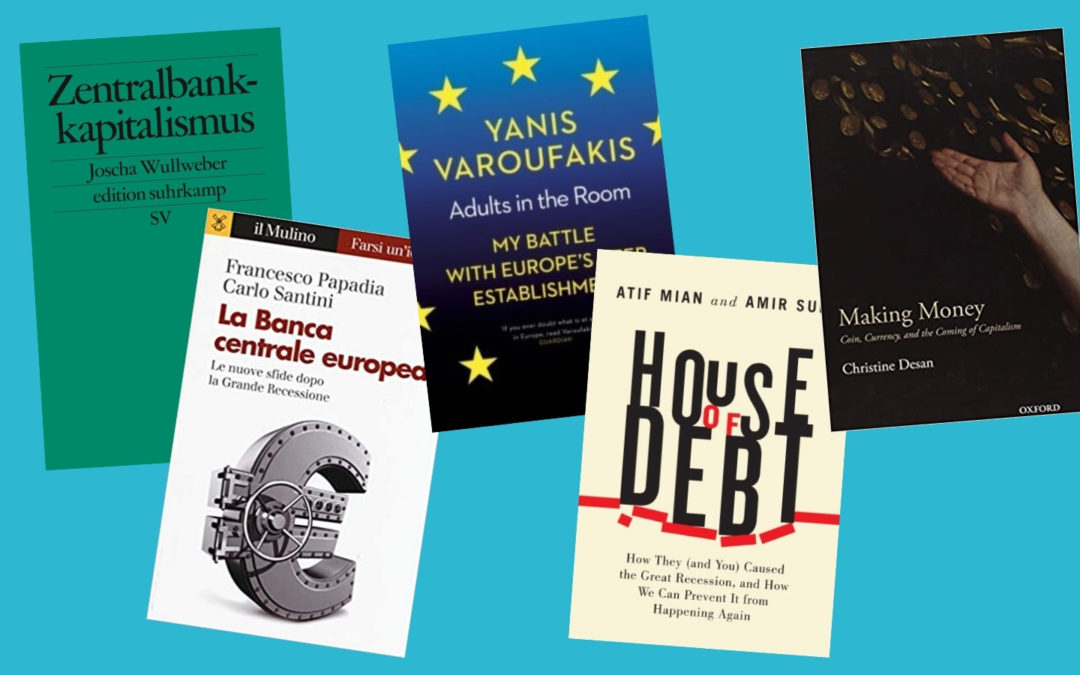
What is the European Central Bank? Watch the video!
Read our explainer series on central banking and grasp the basics needed to understand this key institution!

Read our explainer series on central banking and grasp the basics needed to understand this key institution!

Inequality has long been a foremost public concern, but not so for central banks. While the orthodoxy according to which central banks engage in “neutral” policy-making is slowly crippling away, we’re still enormously far from taking the distributional consequences of money creation and allocation seriously. Intensifying the debate on the inequality effects of the central bank’s monetary policy is a small step in that direction. This blog suggests several starting points for that.

The risk of fragmentation has accompanied the Eurozone since its origin. With the ECB ending its expansionary monetary policy, it has reoccurred once again. The ECB vowed to put the issue of fragmentation at rest with a new tool announced in July 2022. But its success depends on the ECB’s decision-makers realising their power and using it accordingly.

In need of some reading ideas for this summer? Look no further! We have compiled a list of books that the Positive Money Europe team has been reading. The topics range from the role of central banks to the intellectual history of money, including a practical guide on how to campaign. Take a look!

Still need a book for your summer vacation? Below is a selection of what we at Positive Money Europe are currently (re)reading – including one book in German and one in Italian, reflecting the diversity of our team.
Seit dem Ausbruch der Covid-19-Krise ist eine Debatte darüber entstanden, ob wir die Staatsschulden bei den Zentralbanken abschreiben sollten. Trotz der technischen Machbarkeit ist der Schuldenerlass nicht die erstbeste Maßnahme, für die es sich zu kämpfen lohnt.
As a supporter, you’re at the heart of everything we do. We’d love to keep you updated about our exciting work and the ways you can help, including campaigns and events that you might be interested in. We promise never to sell or swap your details and you can change your preferences at any time. To do so, simply call +32 2 880 04 34 or email info@positivemoney.eu